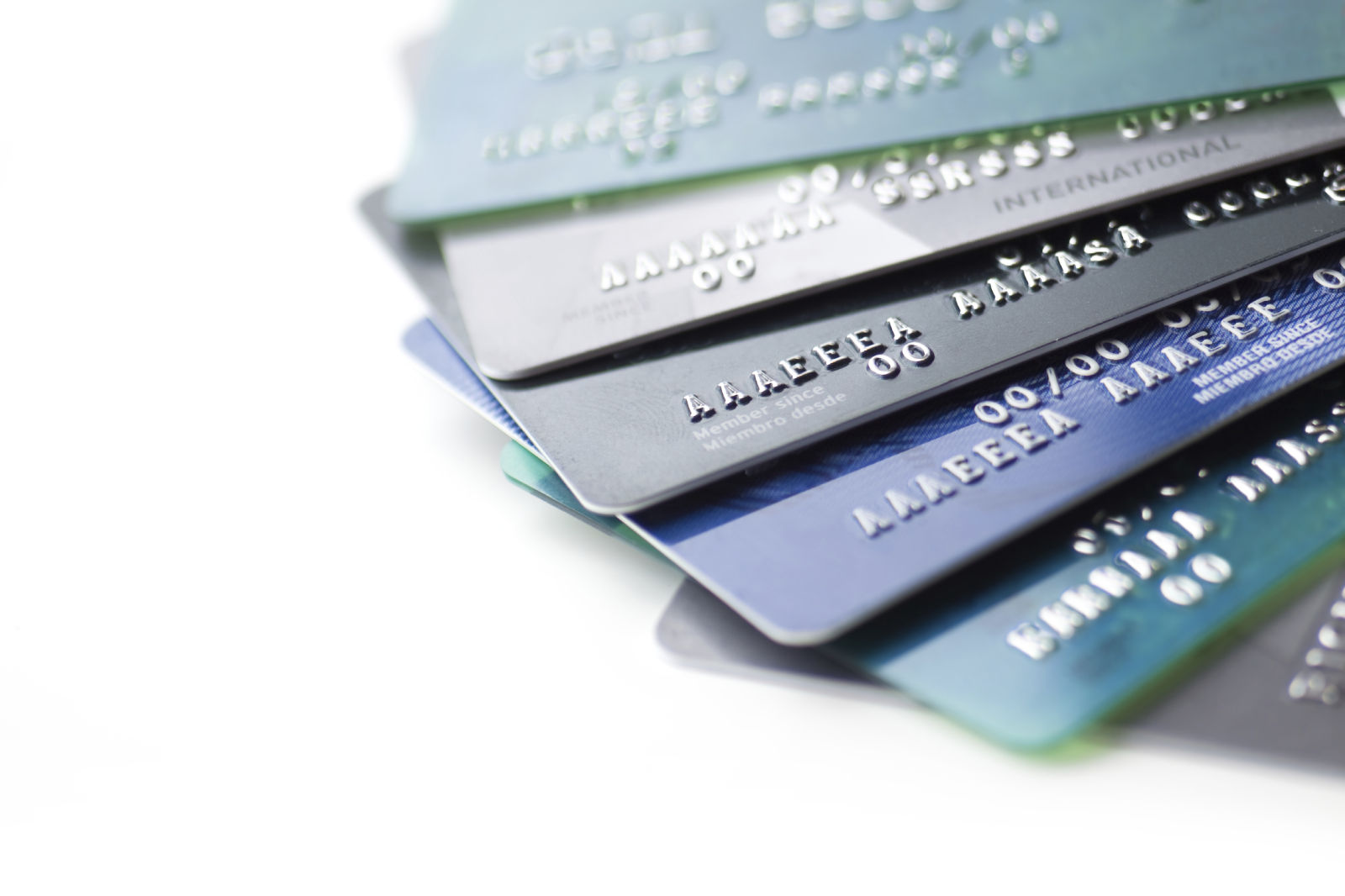Nigerian banks have begun the process to stop its customers from using their Automated Teller Machine (ATM) cards outside Nigeria from January 1, 2016.
Online transactions denominated in foreign currency using naira cards will also be stopped in the coming year.
This means bank customers will not be able to use their cards to buy products from foreign e-commerce sites like e-bay and amazon.com in which payments are made in forex.
Customers of some banks have already been blocked from using their naira cards on ATMs abroad.
These restriction in transactions is as a result of the lingering scarcity of foreign exchange, especially the dollar.
In anticipation of thus new policies, Standard Chartered Bank has notified its customers that from January 1, 2016, they will not be able to use their naira-denominated ATM cards for transactions that are denominated in foreign currencies, either locally or when they travel abroad.
In a notice to its customers, Standard Chartered said, “This is to notify you that from January 1, 2016, your naira card will no longer be enabled for international use. This is as a result of the limited foreign exchange supply in the financial market.”
Asked how long the suspension of cards from international transactions would be, the spokesperson for Standard Chartered Nigeria, Mrs. Dayo Adurogbo, said, “We cannot give a definite date. It depends on how soon it is available. We will do everything to meet our customers’ demand once it is available.”
Further findings showed that a number of other banks had stopped customers from using their ATM cards abroad but had yet to officially communicate this to them.
Some customers told our correspondent that when they notified their banks of plans to travel and the need to enable their cards work overseas, they were simply informed that the cards could not be enabled for now due to issues relating to forex scarcity.
The current situation means customers traveling abroad for Christmas and New Year may face severe payment challenges, a situation that may mar their shopping plans.
The fall in prices of crude oil, the main earner of foreign exchange for Nigeria, has made the nation’s forex income to reduce drastically, creating dollar scarcity crisis for the Central Bank of Nigeria.
The CBN has been rationing dollar to banks, importers and other forex users as the nation’s foreign exchange reserves continue to deplete, hitting $29.4bn on December 7, 2015.
Banks cut customers’ card spending in foreign currencies from the annual $50,000 allowed by the CBN to between $5,000 and $15,000.
According to findings by our correspondent, Ecobank Nigeria Plc has reduced its limit from $50,000 to $5,000, with a maximum of $500 monthly and $100 daily expenditure.
Skye Bank Plc, in a notice to its customers via email, also slashed its international card spending limit from $50,000 to $12,000 annually, a maximum of $1,000 monthly and $100 daily.
Wema Bank Plc also slashed spending on its payment cards from $50,000 to $10,000 annually, $1,000 monthly and $100 daily.
Although other banks have yet to confirm their new international card spending limits, findings by our correspondent revealed that the new limits for most of them ranged from $5,000 to $15,000 annually, and $500 to $1,000 monthly.







